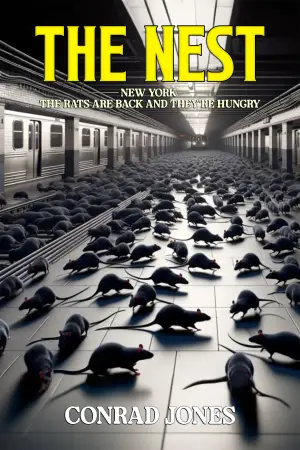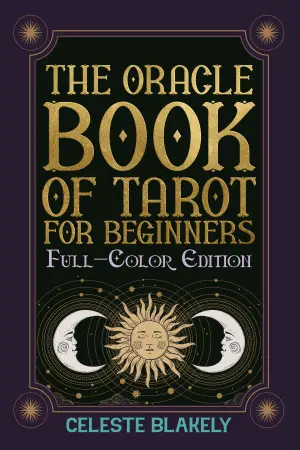Book Review: One of Our Kind by Andrew Yoon
When I first picked up One of Our Kind by Andrew Yoon, I was excited by the premise of an All-Black town in America—a beacon of utopia amidst today’s societal struggles. However, as I delved deeper, my initial intrigue turned into profound disappointment, leading me to overhaul my review from a solid 2.5 stars to a rather disheartened one star. The promise of an insightful exploration into race, community, and identity felt all but shattered by poorly executed themes and questionable characterizations.
The story centers on Jasmyn and King, a married couple who relocate to Liberty with their son in hopes of forging a new life in this seemingly idyllic community. At first glance, this setup could have sparked a nuanced investigation of what it means to find a haven for Black identity. Instead, Jasmyn emerges as a frustratingly shallow protagonist, constantly critiquing the appearance and behavior of those around her. Her reflections on hair and fashion felt reductive, leaving me cringing at the implication that a choice about one’s hair could define Black identity. This is not only a narrow lens through which to view culture but also a missed opportunity to engage in meaningful dialogue about diversity within the Black experience.
The cast of supporting characters, aside from King, remains frustratingly underdeveloped. King himself oscillates between a bland presence and a troubled figure, caught in Jasmyn’s whirlwind expectations. It became increasingly irritating to watch him acquiesce to her demands while grappling with the complexities of family and community. The imbalance left me yearning for authentic male representation that goes beyond mere compliance and frustration.
Yoon’s grasp of contemporary social issues felt superficial at best. The dichotomy between characters who support Black Lives Matter and those labeled as “traitors” seems hastily drawn, meant to provoke discussion but instead coming off as a caricature of reality. I found myself longing for more depth, historical context, and engagement with actual events—such as the tragic legacy of Black Wall Street—that could enrich the narrative.
Structurally, the book suffers from poor pacing. The narrative is punctuated by articles and fragmented storytelling that disrupt the flow, leading me to roll my eyes more than once as the story stalled. The climax, which should have been a powerful moment of resolution, instead left me scratching my head, asking, “For whom was this resolution crafted?”
In the afterword, Yoon mentions that the book was born from a place of anger and rage, which is entirely understandable given the current state of the world. However, the execution ultimately fell short, reducing a multifaceted experience into a narrative that felt distressingly one-dimensional. The notion that Black identity can be encapsulated solely in trauma disregards the vibrancy and diversity of experiences that exist within the community.
Ultimately, One of Our Kind could resonate with readers looking for a surface-level exploration of race amidst horror tropes; however, those seeking depth, nuance, or a true reflection of Black experiences may find themselves disappointed. While I hoped for a compelling and thought-provoking read, I ultimately felt let down—as if I had waited for a grand symphony only to hear a single note played poorly.
If you find yourself intrigued by the concept of race and community but crave a more satisfying exploration, I recommend seeking out works that treat these subjects with the depth and respect they deserve. Here’s hoping Yoon’s future writings might find a more grounded path toward authenticity and understanding.
Discover more about One of Our Kind on GoodReads >>






